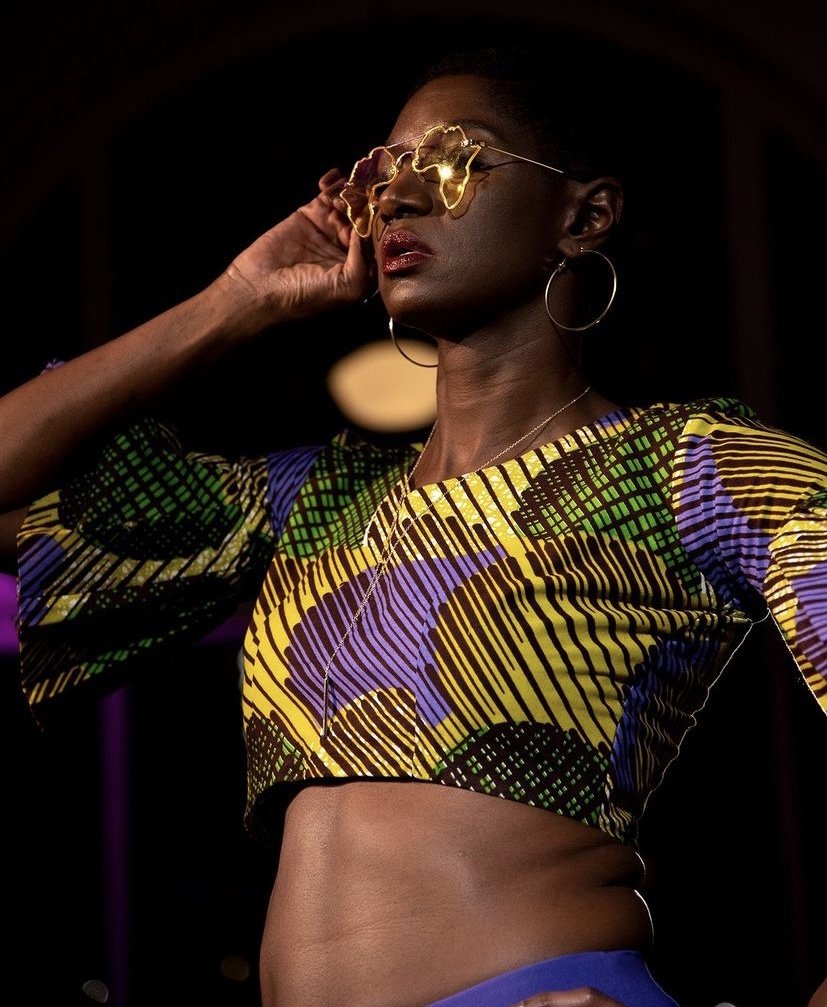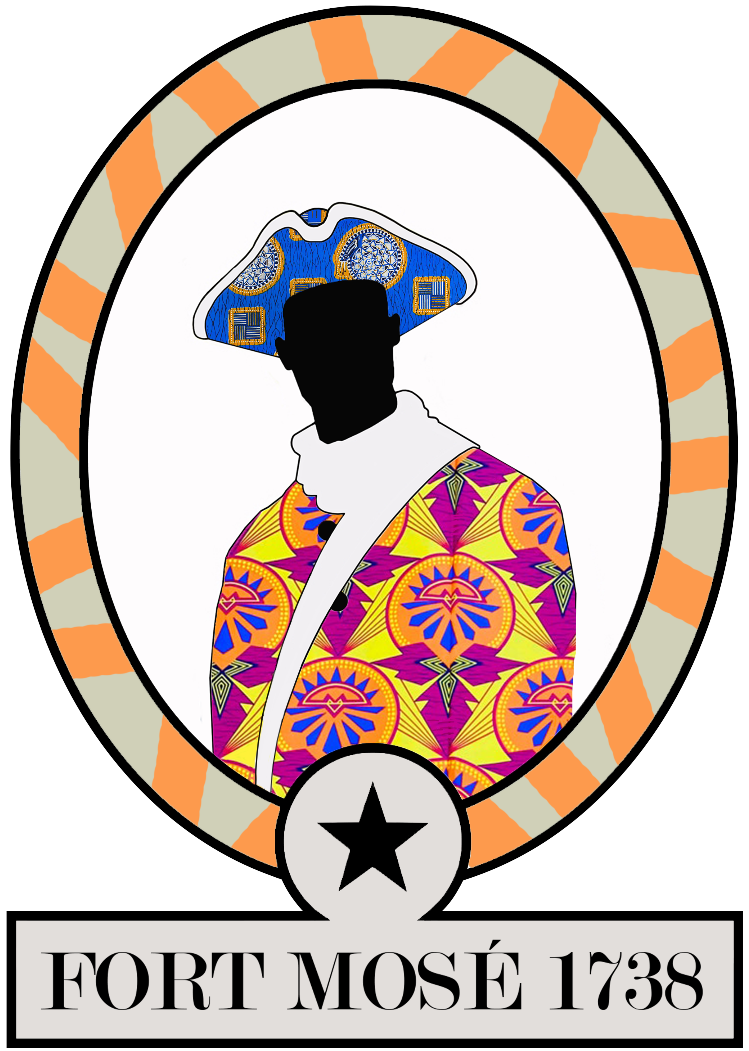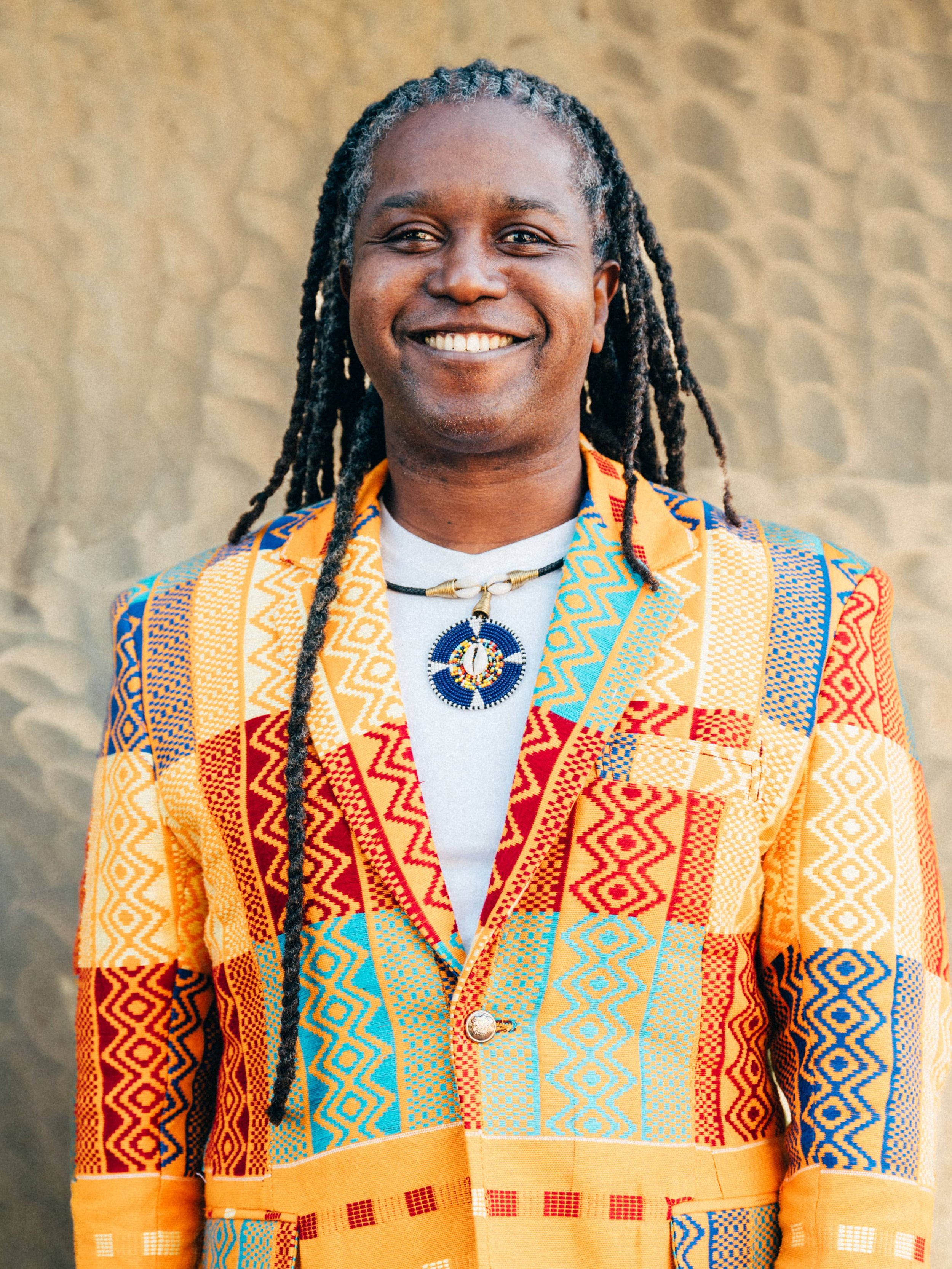OUR STORY
It all began with my mom and I (my dad stayed home in the United States to take care of their Chihuahua Nelson) hailing a taxi in Accra, Ghana, in August of 2021. It was our first full day in the country and we were leaving the Kwame Nkrumah Mausoleum and memorial park to return to our hotel.
Little did I know that moment would be the beginning of Fort Mose 1738.
After spending a week with Nathaniel, the man driving the taxi that picked us up, he introduced us to his wife, Faustina who along with her colleagues made us gorgeous custom made clothes. The striking colors and patterns helped spark my passion for the designs and I reflected upon how limited the availability of them is in the United States. Upon our return to the United States, my mom and I ordered more clothes from Nathaniel and Faustina to enjoy for ourselves.
As a social work professor currently living in Richmond, Virginia, I never imagined entering the textiles business, but with Nathaniel’s persistence, Fort Mosé 1738 was born.
Two years earlier, in my native state of Florida, my mom and I had visited the site of Fort Mose, the first free black settlement that was legally sanctioned in what was to become the United States of America and it captured my imagination. What were the residents who were formerly enslaved people from West Africa like? Were some of them my ancestors? Now I ask were some of the Nathaniel and Faustina’s ancestors?
With Fort Mose 1738 customers will be able to honor the past and celebrate the present to collectively shape the future. I Invite you to express yourself in bold bright colors in honor of Francisco Menendez, Maria de Escoval, and the approximately 100 other residents of the settlement and celebrate our global collective humanity.
Akwaaba, welcome to Fort Mose 1738 and thank you for visiting us.
Dr. Maurice N. Gattis
Founder and CEO
(he/him/his)




















